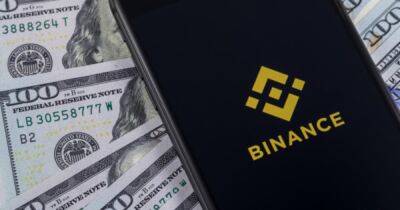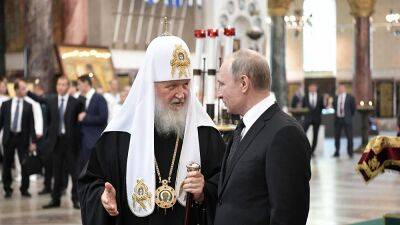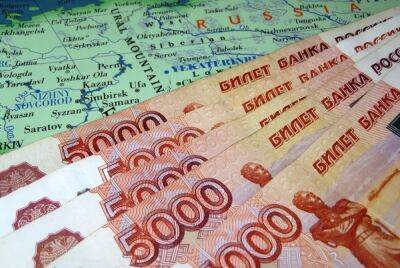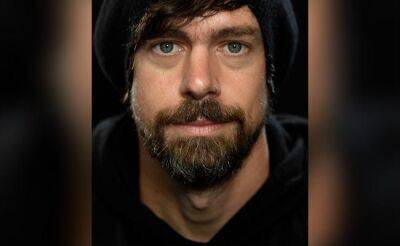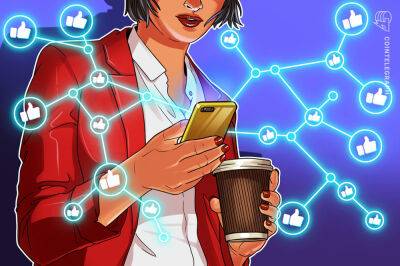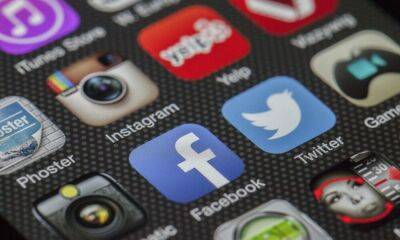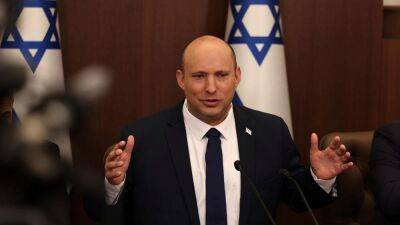Elon Musk’s Twitter takeover: the experts’ verdict on what lies ahead
Here’s a juxtaposition that many American observers may have missed in the hubbub over Elon Musk’s purchase of Twitter: just last Friday the European Union provisionally agreed to the most far-reaching internet regulation in a generation. The Digital Services Act, or DSA, will force the largest online platforms to be transparent about their activities and assess and mitigate the harms their products may cause. And it’s just the start. Governments around the world have their sights set on regulating Big Tech. It’s a big enough issue for the billionaire owners of other platforms; imagine the pressures Musk will face when governments dangle benefits for Tesla or SpaceX in exchange for tougher content moderation against their critics.
Whether Musk accounted for the regulatory changes ahead is unknown. Either way, Twitter is a global platform in which his cliché first amendment zealotry will confront some hard realities. One is that governments expect the companies to police their platforms to deal with everything from the illegal (think terrorist content, child exploitation) to the ‘awful but lawful’ (hate speech, electoral disinformation, foreign manipulation). Another is that, for Twitter to be broadly usable – indeed, for it to pursue its stated purpose of serving the public conversation – it needs rules to limit the racism, misogyny, antisemitism, Islamophobia and other ugly content that are not just awful for users but are specifically designed to drive marginalized communities off the platform.
The choice for Musk is stark: double-down on his facile theory of online free speech and make the platform unpalatable for users and governments alike, or admit that times (and Twitter) have changed and he needs an approach that
Read more on theguardian.com


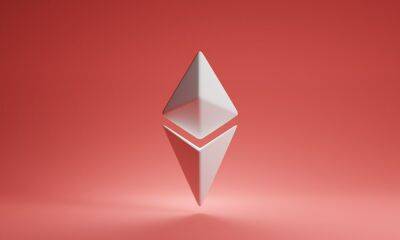

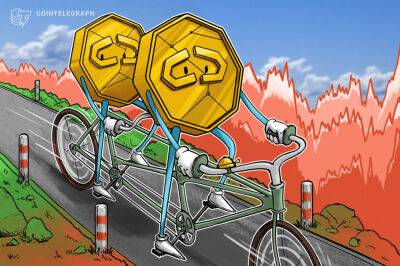
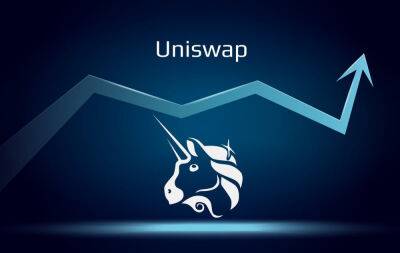

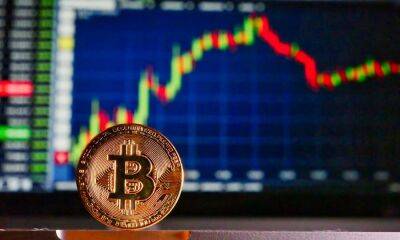

![Assessing the odds of ApeCoin [APE] becoming the next Dogecoin](https://finance-news.co/storage/thumbs_400/img/2022/5/6/24552_wmto6.jpg)
